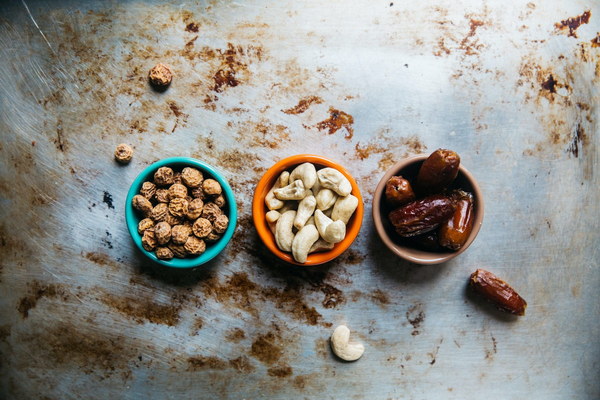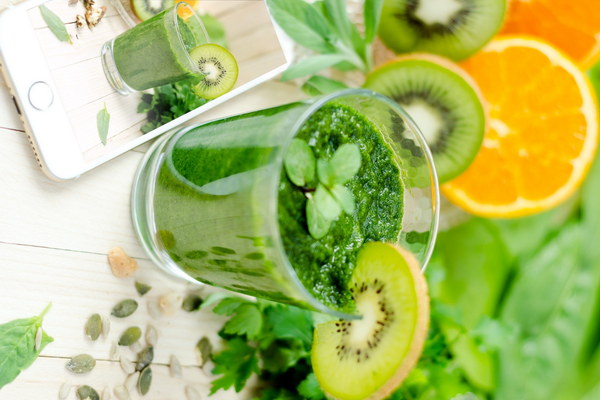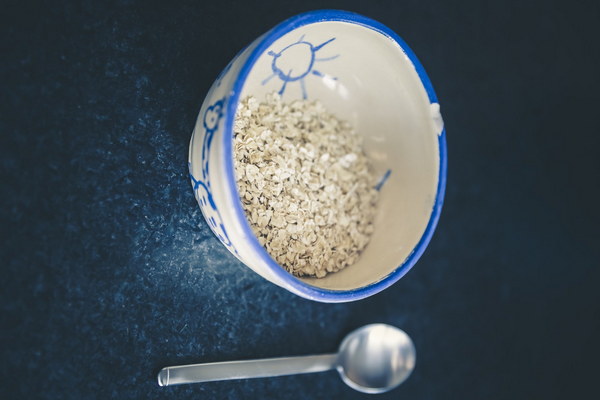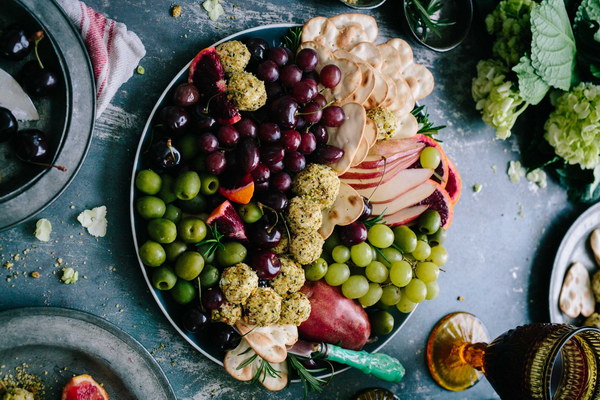Nurturing Your Kidneys A Comprehensive Guide to Renal Tonification
Introduction:
Kidney health is of paramount importance, as the kidneys play a crucial role in filtering waste products and maintaining the balance of fluids and electrolytes in the body. Unfortunately, kidney issues are becoming increasingly common due to factors like poor diet, stress, and environmental pollutants. To support kidney function and prevent complications, renal tonification has emerged as a vital aspect of self-care. This article delves into the concept of renal tonification, offering insights into various dietary and lifestyle practices that can help nourish and strengthen your kidneys.
Understanding Renal Tonification:
Renal tonification, also known as kidney nourishing or kidney tonics, refers to the practice of using natural remedies and lifestyle adjustments to enhance kidney health. The concept is rooted in traditional Chinese medicine (TCM), where the kidneys are considered the root of energy and vitality. By nourishing the kidneys, one can improve overall well-being and reduce the risk of kidney-related diseases.
Dietary Practices for Kidney Nourishment:
1. Consume a Balanced Diet:
A balanced diet rich in essential nutrients can support kidney health. Include a variety of fruits, vegetables, whole grains, lean proteins, and healthy fats in your meals. Focus on foods that are low in sodium, potassium, and phosphorus to minimize the workload on your kidneys.
2. Increase Water Intake:
Drinking plenty of water is crucial for kidney health. Adequate hydration helps flush out waste products and toxins from the body, reducing the risk of kidney stones and infections. Aim to drink at least 8 to 10 glasses of water per day, depending on your body's needs.
3. Limit High-Purine Foods:
High-purine foods can increase uric acid levels in the blood, leading to kidney stones and other complications. Limit your intake of purine-rich foods like organ meats, seafood, and certain types of beans.
4. Avoid Processed Foods:
Processed foods are often high in sodium, sugar, and unhealthy fats, which can exacerbate kidney issues. Opt for whole, unprocessed foods to support kidney health.

5. Incorporate Kidney-Nourishing Foods:
Certain foods are known to support kidney function and promote renal tonification. These include:
- Goji berries: Rich in antioxidants and vitamins, goji berries help strengthen the kidneys and boost overall immunity.
- Black beans: High in fiber and antioxidants, black beans support kidney health and reduce the risk of kidney disease.
- Dark leafy greens: Foods like spinach, kale, and swiss chard are rich in vitamins, minerals, and antioxidants, which can help nourish the kidneys.
Lifestyle Practices for Kidney Nourishment:
1. Regular Exercise:
Regular physical activity can improve kidney function and reduce the risk of kidney disease. Aim for at least 150 minutes of moderate-intensity aerobic exercise or 75 minutes of vigorous-intensity exercise per week.
2. Manage Stress:
Chronic stress can negatively impact kidney health. Practice stress-reducing techniques like meditation, deep breathing exercises, or yoga to maintain a balanced mind and body.
3. Get Adequate Sleep:
Quality sleep is essential for overall health, including kidney function. Aim for 7 to 9 hours of quality sleep per night to support kidney health.
4. Avoid Smoking and Limit Alcohol:
Smoking and excessive alcohol consumption can damage kidney function and increase the risk of kidney disease. Quit smoking and limit alcohol intake to support kidney health.
Conclusion:
Renal tonification is an essential aspect of kidney care, focusing on both dietary and lifestyle practices. By incorporating kidney-nourishing foods, maintaining a balanced diet, and adopting a healthy lifestyle, you can support your kidney health and reduce the risk of kidney-related diseases. Remember to consult with healthcare professionals before making any significant changes to your diet or lifestyle.









